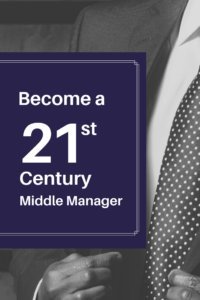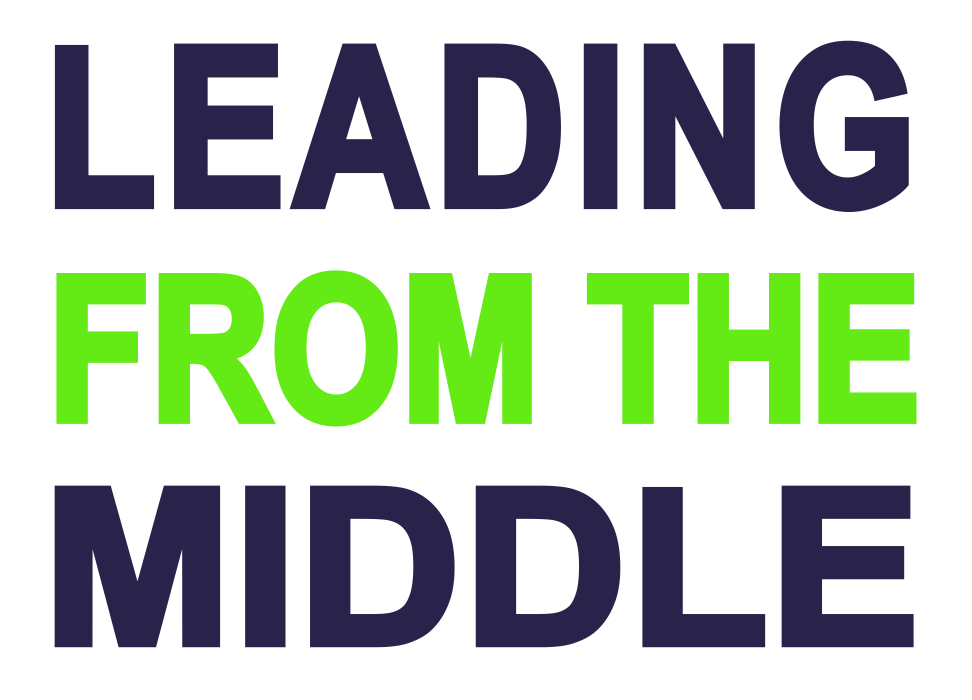The Experience
An Experiential Learning Programme
This Leading from the Middle: High Impact Middle Manager is a “whole person” model based on six distinct mission-critical managerial mind-sets. Highly effective middle leaders exhibit each of these six fundamental mindsets or competences, and also synthesise all six into a whole person approach that transforms them from middle managers to middle leaders. The client centred programme takes participants through a personal leadership exploration that transforms and enables them apply new practices in the context of their specific leadership challenges.
The learning approach is based on the action-oriented learning model that emphases self-awareness, relevance to real-life issues and experience-based learning. To enhance participants’ capacity to make long-term, positive behavioural changes, they are challenged to understand the way they conceptualise, learn effective behaviours and unlearn ineffective behaviours.
The Experiential Learning
Leading into the Future: the High Impact Middle Manager learning approach is based on the action-oriented learning model that emphases self-awareness, relevance to real-life issues and experience-based learning. To enhance participants’ capacity to make long-term, positive behavioural changes, they are challenged to understand the way they conceptualise, learn effective behaviours and unlearn ineffective behaviours.
Below is a graphical representation of the reflection process or the Experiential Learning Cycle.

The Learning Principle
The Leading from the Middle Learning Principles is based on the belief that learning should be learner driven, where the participants themselves are in charge of the learning process. The design of the programme sets the learning platform to guide the participants in effectively achieving their learning objectives.
| Reality | The design of learning processes addresses real needs and current challenges of both the participants and their organisation. This holistic approach enhances learning and the motivation to apply the learning on the job. |
| Reflection | Through a process of guided reflection, participants put actions, experiences and reactions into perspective, to gain an understanding of the underlying premise and complexity of their leadership and management challenges. |
| Challenges | The programme challenges participants’ basic assumption and stretches their boundaries of thinking to achieve a higher standard of learning and behavioural change |
| Dialogue | The participants and the facilitator collaborate as equal partners contributing to the learning process based on mutual respect. |
| Action | We apply the 70/20/10 learning principle: 70% of learning and development takes place in real-life and on-the-job experience, 20% is from on-going feedback, coaching, peer learning, and from working with role models, and 10% is about acquiring new theory and occurs in structured classroom-based training. The development process requires that participants take action prior to, during and after workshop interventions. |
| Variation | The learning format incorporates a varied and dynamic blend of instructional methods designed to challenge participants thinking and deepen their understanding of leading in the middle and to meet different learning styles and needs. The three-phase learning approach- the preparation phase, the intervention phase and the follow-up phase, fully engages the participants for the highest impact. |

